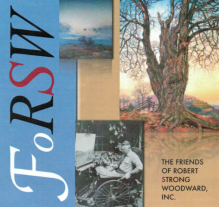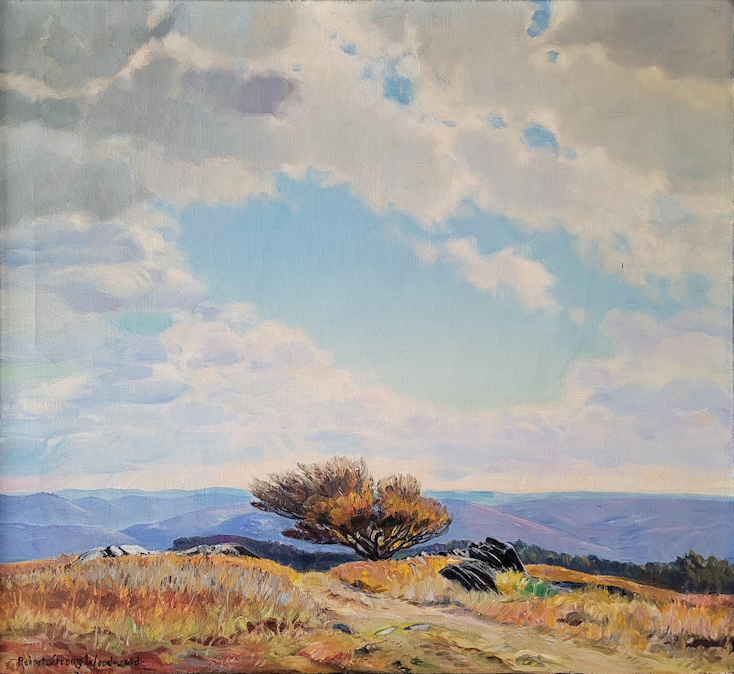Quick Reference
Fall of 1940
Heath Pasture
Oil on Canvas
Landscape
Trees, Autumn, Pastures, Skies
27" x 30"
Vose Galleries, Boston, 1947
Unknown
N/A
Featured Artwork: October Heights
RSW's Diary Comments
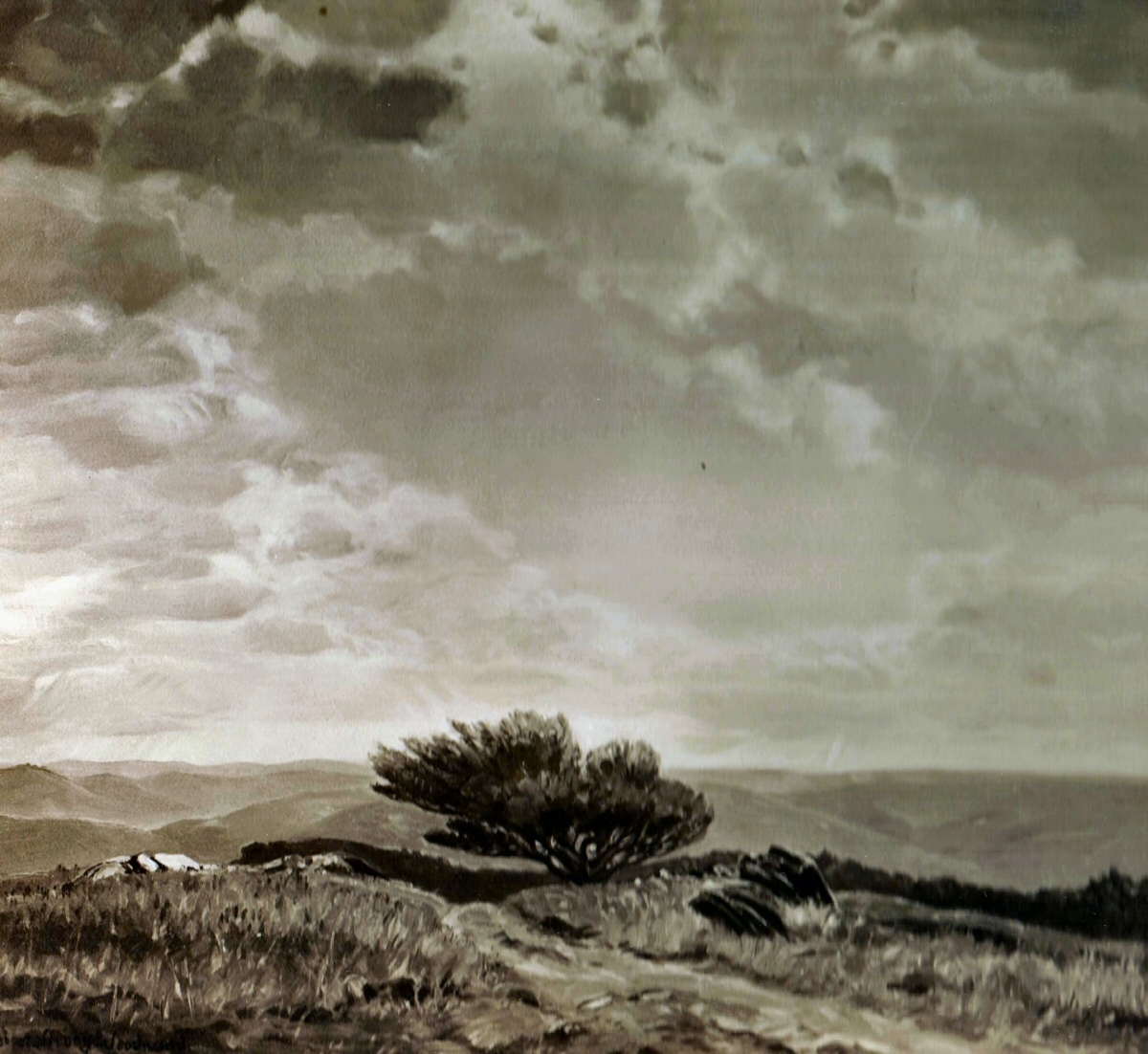
 October Heights Sepia
October Heights Sepia
"Painted in fall of 1940. The Heath pasture beech tree and band of hills, under a cloud-decked sky of autumn intensity, a beautiful fall light on the hills. Sold Feb. 1947, by Vose Galleries to... "
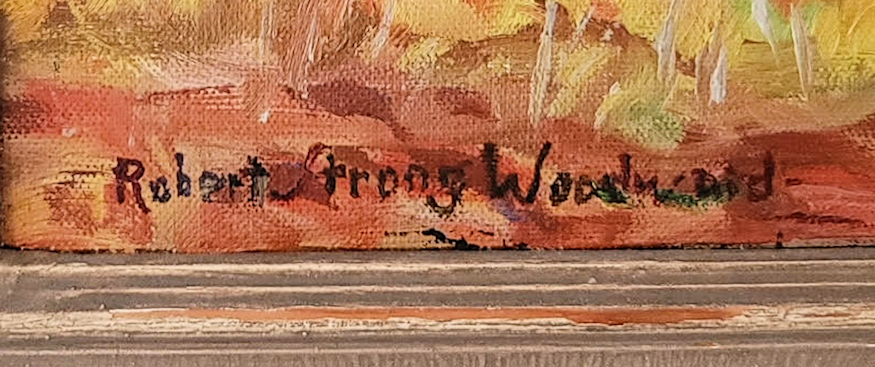
 A close up of RSW's signature
A close up of RSW's signature
Additional Notes
Woodward painted the painting above in October of 1940. He does not mention in the diary remarks above anything about the Heath Pasture house and studio which is finished sometime in 1940. In the painting diary comments for November Holiday (left) Woodward claims, "First painting I made from windows of Heath Pasture House as it was being erected, so a really emotional favorite of mine," and he says nothing of the construction in the comments above. This is not unusual. The artist did not begin to compile his painting diary until the early 1940s and we believe he continued to do so after he retired in 1951. His recall is not always accurate or consistent. Still, his excitement is obvious because after painting the artwork above, he made two new paintings the next month, in November, days, maybe a week apart from one another.
October Heights is the only canvas we know where Woodward captured it at or near its peak foliage. It is also a rare fall scene with the beech's leaves still attached. Many of you may not be aware of this but Beech Trees do not drop their leaves in the fall. They, as well as the oak tree, hold onto their leaves until the spring bloom. A third of Woodward's beloved Beech Tree paintings are without leaves. We do not know if this is important or not to the artist, but it does lead to one of the reasons he admired the tree so much and that is its survival, alone, in an unforgiving place, fastened into rocky ledge soil, wind swept, and utterly exposed while it provides comfort and protection to the artist the nights he sleeps out under its canopy. Camping and picnicking are two of his favorite activities and the Heath Pasture was his spot to do both.

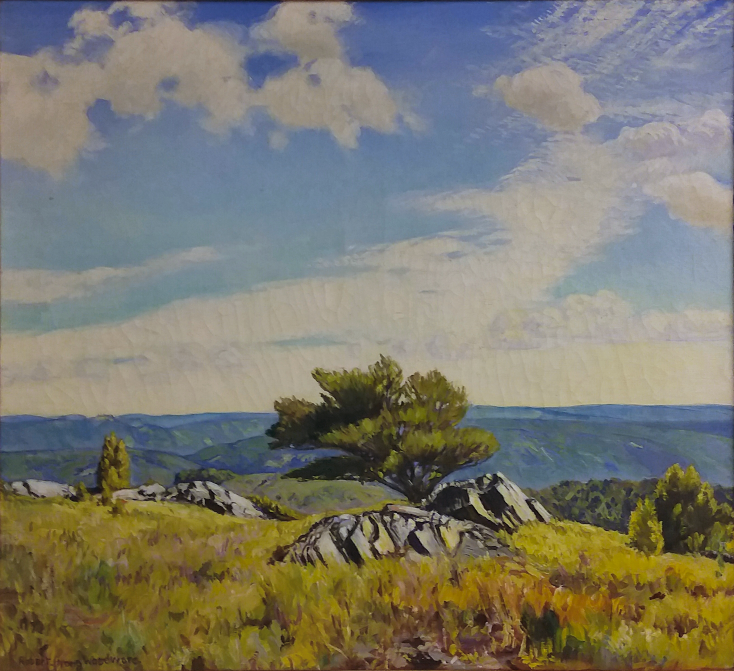
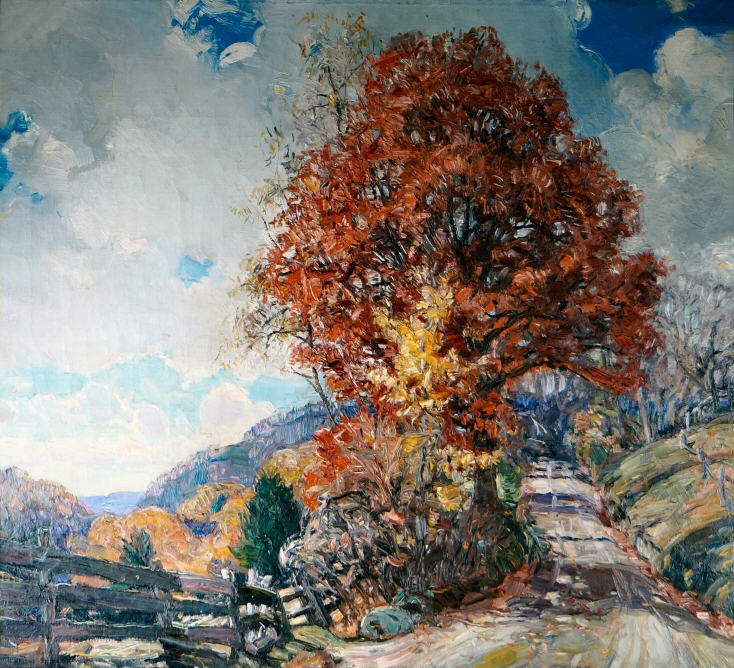
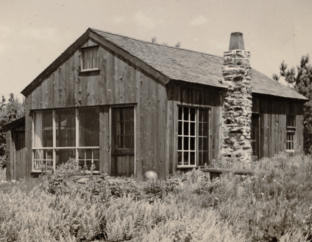
.png)
